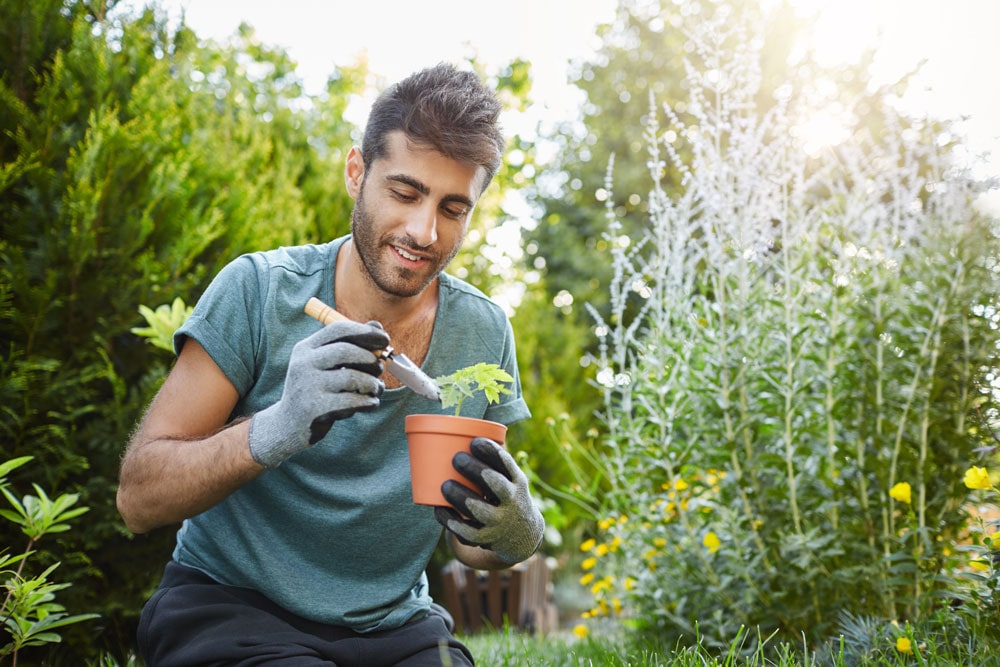The Importance of Hobbies in Recovery
Hobbies are important for everyone: they can act as a fun and healthy outlet, or even something that brings more meaning to your life. But they’re crucial when you’re in recovery.
Early in sobriety, you may only have energy for therapy and self-care. But as time goes on, you’ll need to spend the time you used to fill with alcohol or drugs in healthier ways — that’s where hobbies come in.
We’re not here to tell you what hobbies to pick up: that can be an exciting journey for you to go on! But we do want you to understand how having new hobbies can benefit and shape your recovery:
Prevent Downtime from Leading to Backsliding
Even if you aren’t religious, you’ve probably heard the phrase “idle hands are the devil’s playground.” For people who struggle with alcohol or substance use, that phrase takes on extra meaning: you need ways to fill your time, distract from triggers, and occupy you as an alternative to relapse. Hobbies can fill all those roles by keeping your body and mind busy and active. Prevent yourself from slipping back into the mental patterns of addiction by using your hobbies to fill your schedule — and stay sober.

Train Your Brain to Reward New Behaviors
When you were using, your brain associated alcohol or drug use with good feelings. Now that you’re living a sober life, you need to re-train your brain to reward you for living right, and one of the best ways to do that is by investing time in activities you love. Taking up new hobbies can stimulate your brain and train it to release chemicals such as serotonin that make you feel good. We know of some strange hobbies that have brought people a lot of joy — who knew carving ducks could be so satisfying?
Restore Confidence and Work Through Depression
Hobbies allow you a personal space to rebuild your sense of self-worth. Learning a new skill or mastering a hobby can be a great confidence boost and provide a sense of accomplishment. In recovery, there’s no such thing as a small win — every little victory or milestone is a step forward. It’s also worth noting that hobbies can also help stave off depression, as you can make progress and share your accomplishments with others, as we’ll discuss below.
Manage Your Emotions and Handle Adversity
Stressful challenges can pose a problem in recovery, as they may tempt you to return to your old coping habits of using drugs or alcohol. Hobbies help you learn to manage these emotions and keep this adversity in perspective. For example, if you’ve taken up rock climbing, you can look at each route up a rock face as a new problem to be solved, and carry those problem-solving skills over into your day-to-day life. And the energy it takes to climb, for instance, is a great way to let off some steam!

Make New Sober Friends
One effect of choosing to live a sober lifestyle is your circle of friends will inevitably change from those who enabled your use of alcohol or drugs, to people who want to share healthier activities and lifestyles with you. While it’s very possible for you to maintain a lot of your existing friendships, hobbies allow you to meet new people in a healthier context. Even solo activities, such as running or model building, can connect you to new friends via local or online groups of other hobbyists.
Learn More About Hobbies at Extra Mile Recovery
These are just a few of the benefits hobbies can bring you in recovery, and our team at Extra Mile Recovery can attest from personal experience: finding the right hobby can be life changing.
Not sure where to start? Our individual counseling can help. We’ll help you identify your own stressors and triggers, so you can focus on finding what helps and how you can live in a way that’s both healthy and meaningful to you in recovery. Hobbies can be a big part of that — we’ll show you how.
Learn more about sober life with Extra Mile Recovery: Contact us today.
